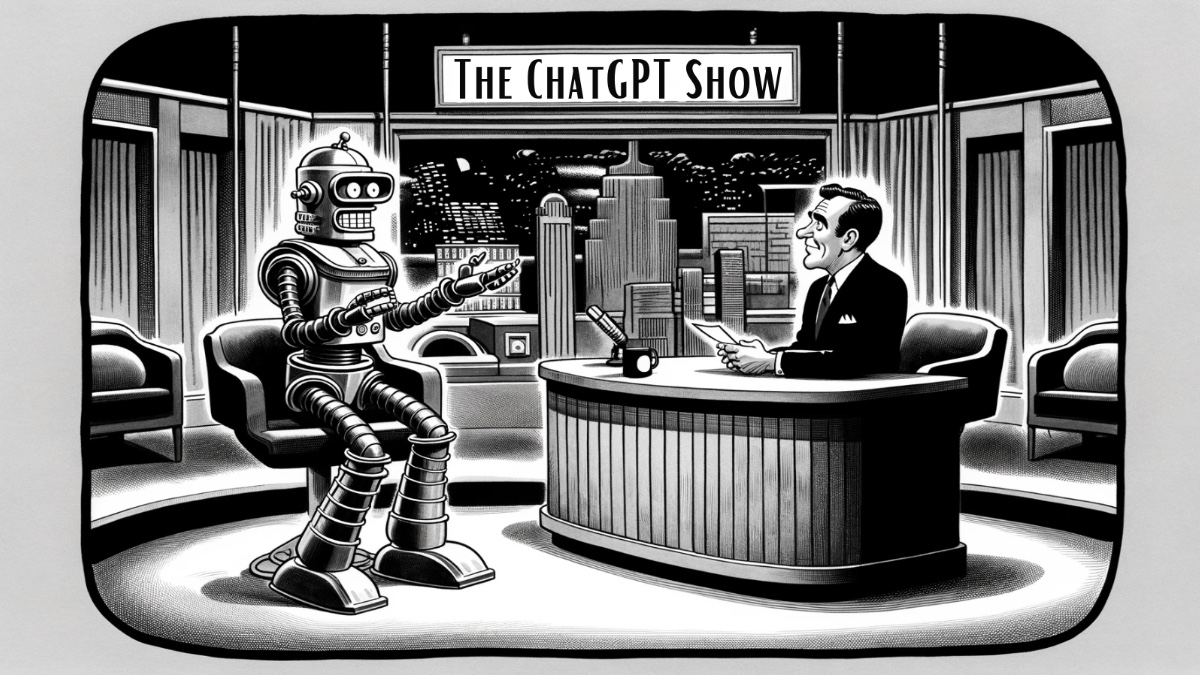LLMs are forward thinkers, and that's a bit of a problem
· 12 min read
This is going to be a weird post. And we're going to start with a thought experiment about a shark and an octopus.

Some key points I'll address here are:
- Human brains are able to invent ideas without relying on a strictly linear train of thought.
- LLMs like ChatGPT are autoregressive and are unable to continue a dialogue if they haven't already generated everything up to that point. This is because they don't "think" per se, but progressively generate a response using the parts of the response they previously created.
- If you try to get an LLM to write text in the middle of a dialogue without previous context, it will give near-identical answers and attempt to conclude the conversation.
- Prompting for "ridiculous" answers can spark creativity that helps break this pattern.
- The reliance on a linear train of thought is a limitation for general intelligence. LLMs are ineffective if you ask them to generate the second part of a response without allowing them to generate the first part.
As I mentioned, this is going to sound a bit silly, but I promise there is a point!

